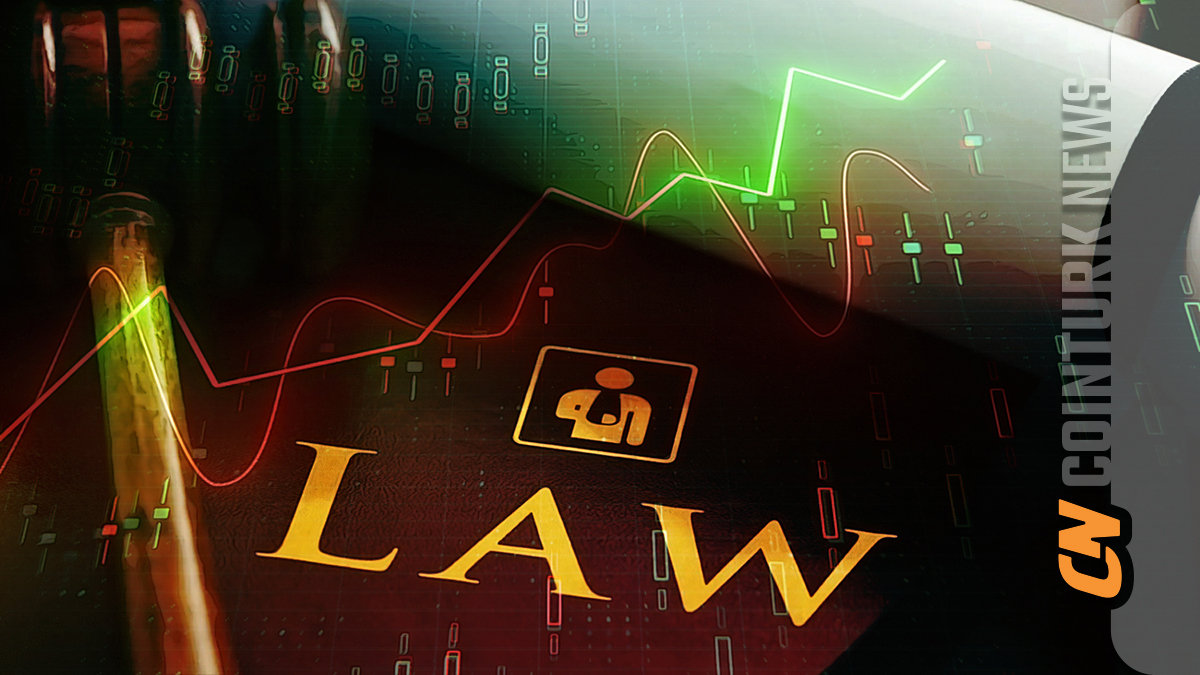EU banking observers have proposed new liquidity rules for stablecoin issuers. The aim of these new liquidity guidelines is to ensure the swift handling of a stablecoin project that causes a crisis, even in bear market conditions, in order to prevent the bankruptcy of any institution and the spread of the crisis to different institutions, as seen in the Terra crisis.
EU Requires Stress Test for Stablecoin Companies
In the proposed liquidity guidelines process, stablecoin issuers aim to provide investors with a stablecoin that is backed by a cryptocurrency that can be provided equally. The official proposal by the European Banking Authority (EBA) stated that liquidity guidelines in stablecoin projects would serve as a stress test for stablecoin issuers.
The EBA emphasizes that the stress test will take into account any deficiencies and liquidity gaps that may occur with stablecoin and that it can help the EBA approve only fully backed stablecoins with sufficient liquidity assets. The statement included the following:
“The liquidity stress test will help token issuers better manage their asset reserves and liquidity risks in general. Depending on the result of the liquidity stress test, the EBA or the relevant authority or regulator, if appropriate, may decide to strengthen the issuer’s liquidity requirements.”

What is the Final Process in the EBA Proposal?
If the proposal is approved, it will come into effect from June until the beginning of the following year. After the implementation of the guiding principles, authorities will have the power to strengthen the liquidity requirements of the relevant issuer company to address these risks based on the results of the liquidity stress test.
The proposed liquidity rules by the authorities target stablecoin issuers who can be non-bank institutions, meet the same security measures, and avoid unfair capital or liquidity advantages against banks. The proposal is currently in the consultation stage where the public can provide their opinions. However, the public consultation stage will remain open for three months until a public hearing is scheduled on January 30, 2024.

 Türkçe
Türkçe Español
Español










